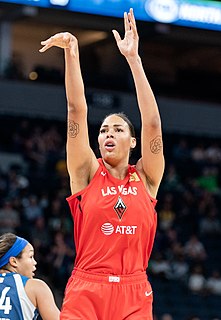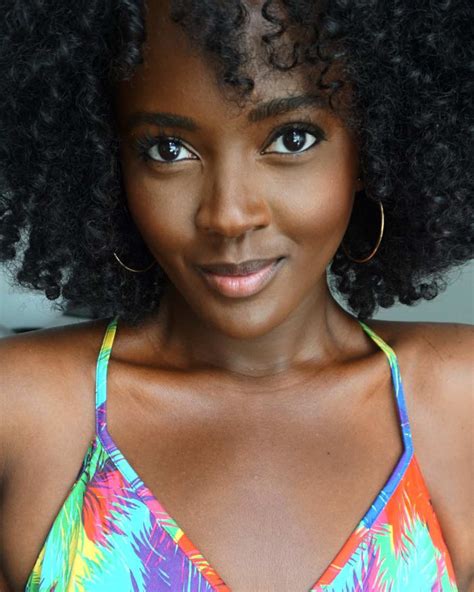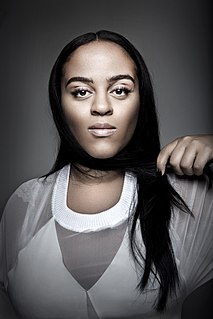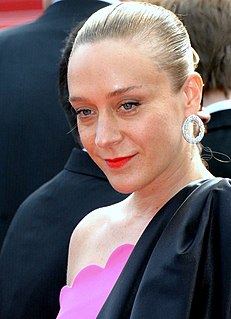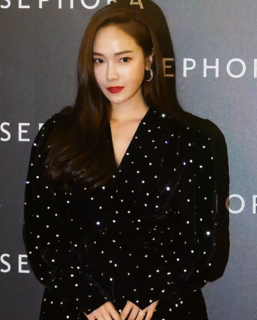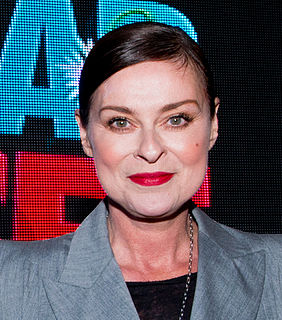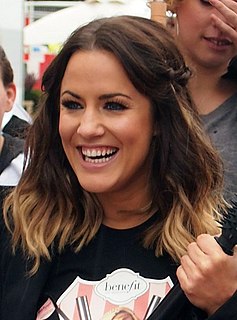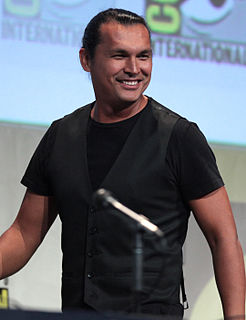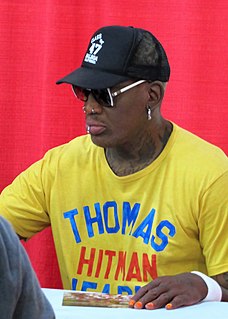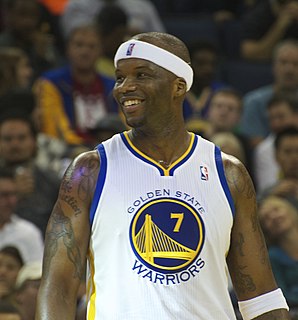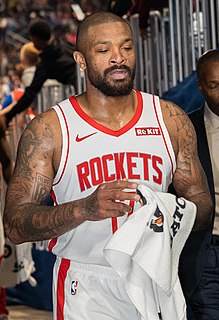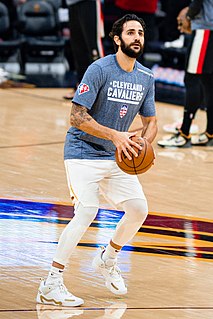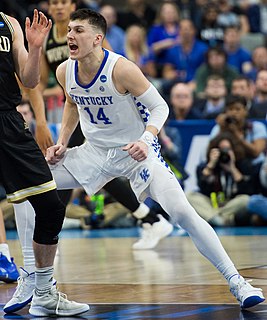A Quote by Liz Cambage
It wasn't until I moved to America that I started to really embrace my body and my skin color and who I really am.
Related Quotes
My mother is Afro-Caribbean and my father is Caucasian-American, and I was born in Pennsylvania and moved to the Cayman Islands when I was about 2. So I grew up there with my mother, and it's really all I know. I grew up there until it was time to go to college, and that's when I moved back to America.
Beauty is only skin deep. I think what's really important is finding a balance of mind, body and spirit. Someone said to me not too long ago, "Until you're twenty, you have the face you are born with, and after that you have the face you deserve", and I really loved that - the idea that you wear who you are on your face.
When I was sixteen I started acting, and I also started to embrace my tradition and culture. I had a young medicine man interpret for me what it is to be an Indian. He really caught me at a good time because I was really vulnerable after the loss of my parents with all of the feelings of abandonment.
